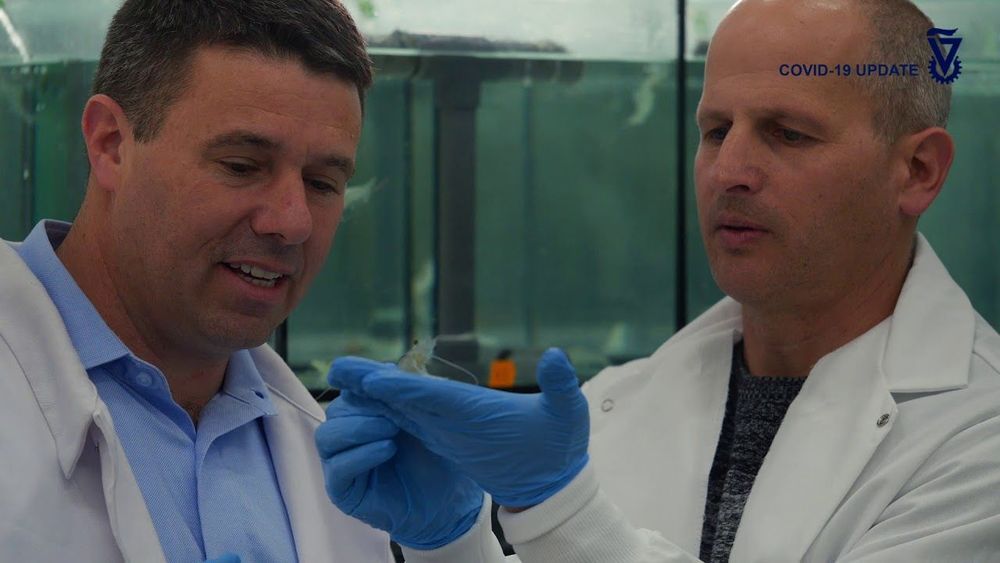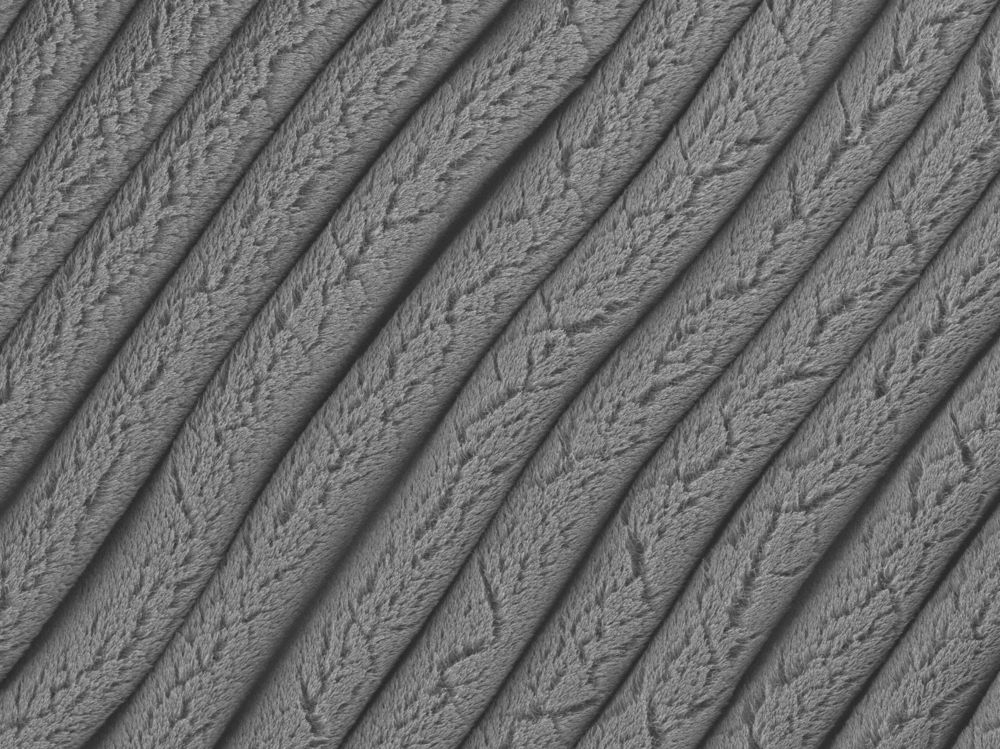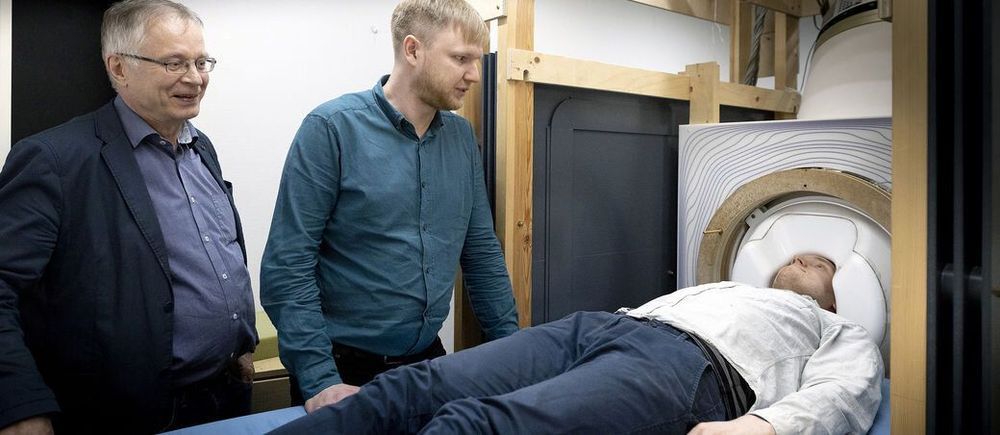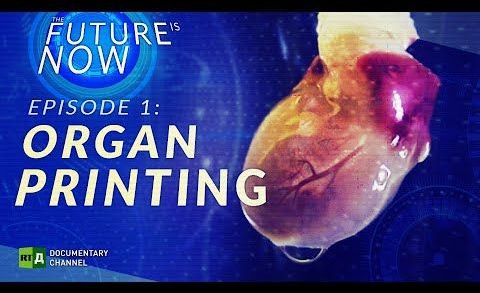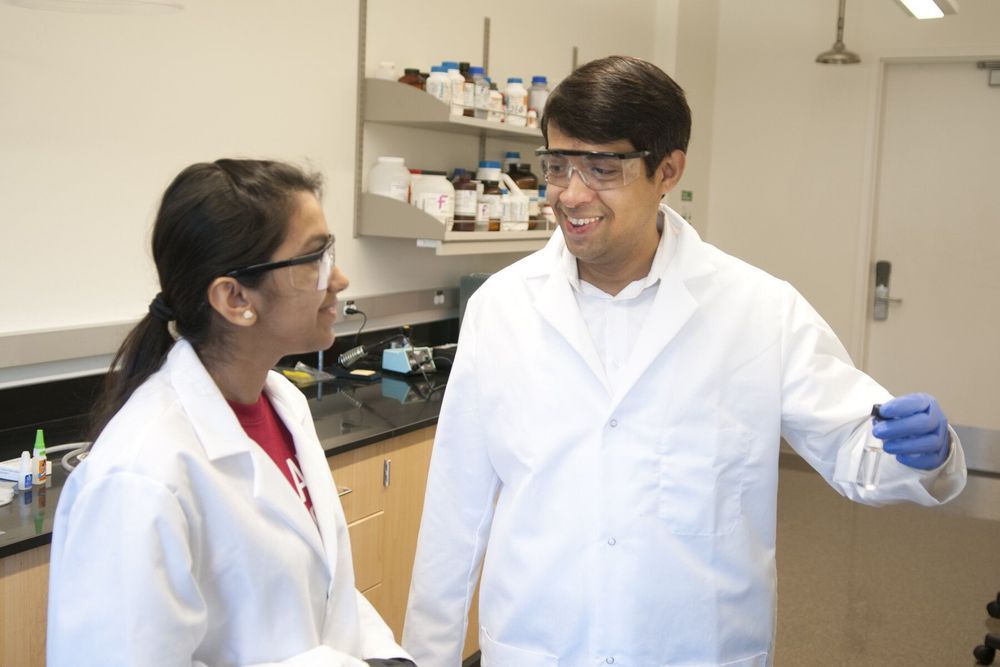Mar 26, 2020
Israeli scientist’s shrimp antiviral could be adapted for coronavirus
Posted by Omuterema Akhahenda in categories: biotech/medical, engineering, food
The 43-year-old scientist is a member of the Technion’s Wolfson Faculty of Chemical Engineering, and his lab first developed a food additive to boost the immune system of animals to protect them from contracting viral diseases. This invention formed the basis of his own commercialized start-up company, ViAqua Therapeutics, which focused the development of the drug on shrimp, as over 30% of the global shrimp population is wiped out yearly by a viral disease known as white spot syndrome.
Israeli scientist and entrepreneur Prof. Avi Schroeder is working on a preventative drug for the coronavirus by adapting a food additive designed for shrimp.
Continue reading “Israeli scientist’s shrimp antiviral could be adapted for coronavirus” »
